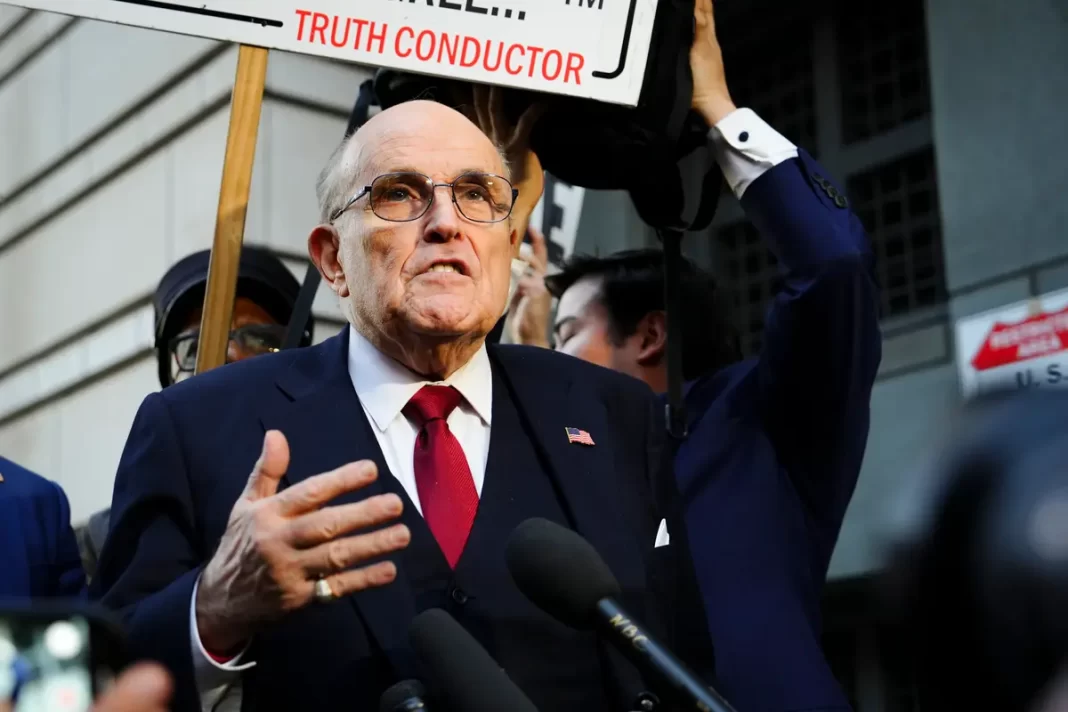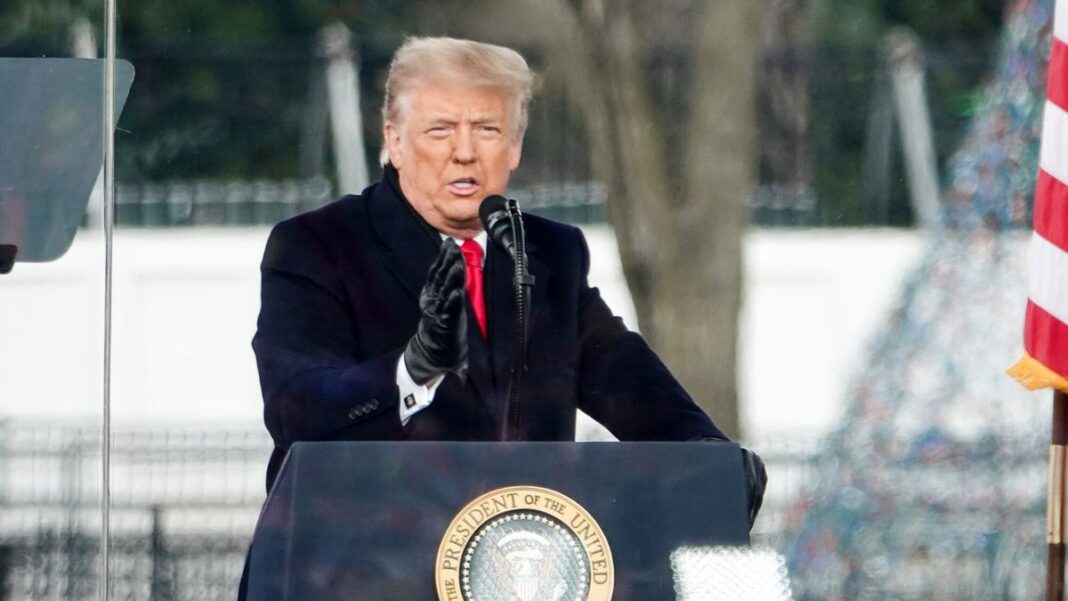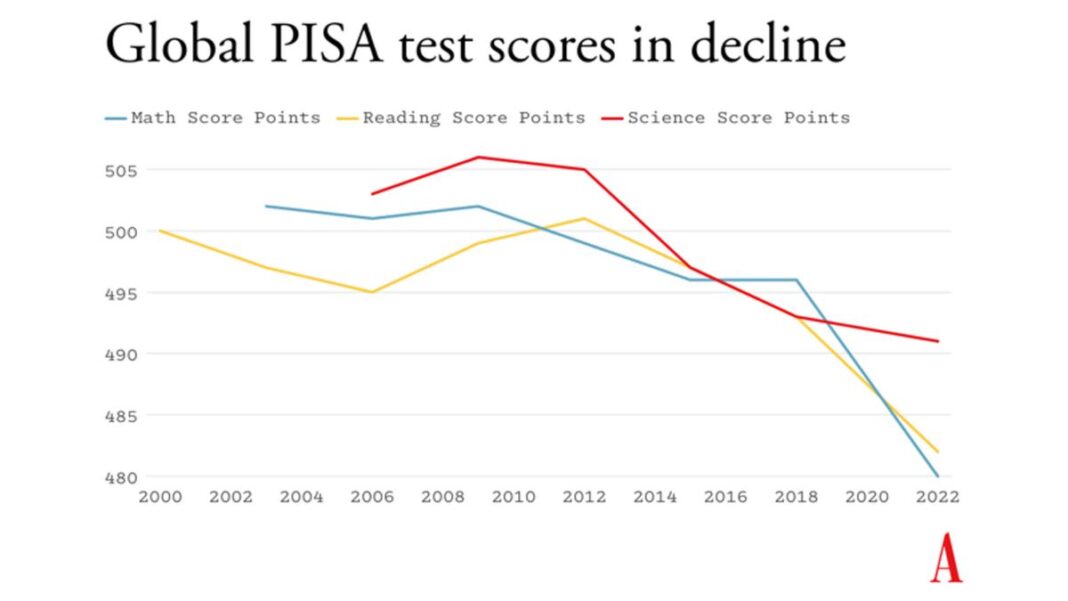Rudy Giuliani has filed for bankruptcy protection after a judge ordered him to immediately pay $148 million to two former Georgia election workers.
Former New York City Mayor Rudy Giuliani has filed for bankruptcy protection, a day after being ordered to pay $148 million immediately to two former Georgia election workers who sued him for defamation while he was a lawyer for former President Donald Trump.
Mr. Giuliani listed liabilities of $100 million to $500 million and assets of as much as $10 million, according to a bankruptcy form that was filed on Dec. 21 at the U.S. Bankruptcy Court for the Southern District of New York and obtained by The Epoch Times.
While the values of some of Mr. Giuliani’s debts were listed as “unknown,” the biggest specified liability is the $148 million a federal jury last week ordered him to pay to Ruby Freeman and Wandrea Moss, the two former Georgia election workers.
Other creditors listed in Mr. Giuliani’s bankruptcy filing include the IRS and the New York State Department of Taxation, with his total liabilities owed to the government totaling nearly $1 million.
A day before Mr. Giuliani filed for bankruptcy, a federal judge ordered that the former New York City mayor must pay the two former election workers $148 million immediately.
The payout demanded by the judge stems from a lawsuit in which Mr. Giuliani was accused of defaming the two former election workers with false accusations that they committed voter fraud while counting ballots in Georgia’s Fulton County in the 2020 presidential election.
Mr. Giuliani’s attorneys didn’t immediately respond to a request for comment on the circumstances of the bankruptcy filing and whether he plans to appeal the judgment in the defamation case.
Immediate Enforcement
In a ruling handed down on Dec. 20, U.S. District Court Judge Beryl Howell backed a request by the two former election workers, who contended that Mr. Giuliani lacked the financial means to pay them after a 30-day delay on the payouts was lifted.
The mother-daughter duo, in their request to the court, said they feared the former Trump attorney would use the 30-day delayed payment period to “alienate or dissipate what assets are available to satisfy even a small portion” of the nearly $150 million payout.







